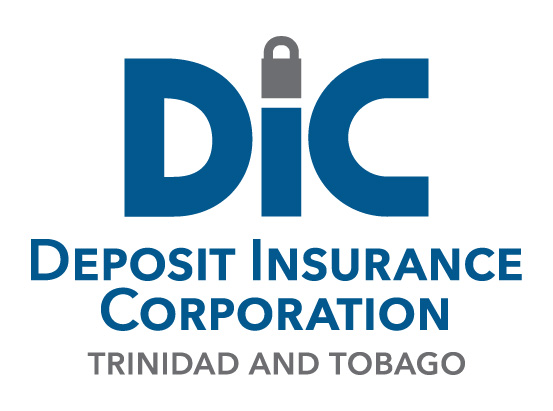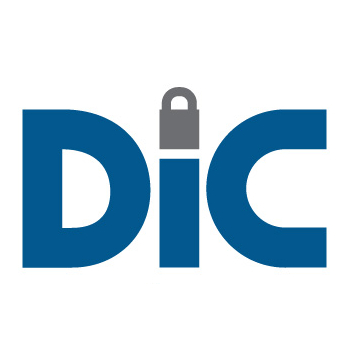Author Archives: Deposit Insurance Corporation
When can an eligible depositor expect to receive his or her money?
How is a depositor notified of the date and place of payment of his or her claim after an institution is closed?
How is a depositor notified that an institution in which he or she has a deposit, has been ordered to be closed?
When an institution has been closed by the Central Bank and a winding-up order is issued by the Court, each depositor will be notified in writing at the depositor’s last address on record with the institution. This notification will be mailed shortly after the institution closes. Notification will also be …
What is the insurance coverage on a trust account held under the provisions of an irrevocable express trust?
The interest of a beneficiary in a valid irrevocable trust, is insured up to $200,000 separately from the individual accounts of the settlor, the trustee or other beneficiaries. However, all trust interests created by the same settlor (grantor) in the same institution for the same beneficiary will be added together …
If two or more persons, for example a husband and wife, have, in addition to the individually owned accounts of each, a valid joint account in the same insured institution, is each account separately insured?
Yes. If each of the co-owners has personally signed a valid account signature card and has a right of withdrawal on the same basis as the other co-owners, the joint account and each of the individually owned accounts are separately insured up to the $200,000 maximum. (The execution of an …
If a depositor has more than $200,000 (the current insured limit) in a closed institution and is paid $200,000 by the DIC, what happens to the amount in excess of $200,000?
If, for example, a depositor has a total claim of $205,000 he or she would, if the claim is approved, be paid $200,000. The depositor will be issued with a Liquidator’s Certificate by the DIC for the remaining $5,000. The Liquidator’s Certificate is a document issued by the DIC to depositors …
What happens if a depositor expects to be paid an amount that is different from what the DIC pays?
The DIC determines from the records of the institution how much a depositor should be paid, based on the principal balance on account with the institution, along with interest accrued up to the date of the institution’s closure. If this amount is not what the depositor expects to receive, the …
How does the closing of an institution affect interest accruing on a deposit?
What happens to cheques which are not cleared on a depositor’s account before the business of the institution is closed?
Those cheques will not be paid or charged against the account because the action by the Central Bank to suspend the operations of the institutions will cause all accounts to be frozen at the date of suspension. Such cheques will be returned and usually will be marked “drawee bank closed”, …




